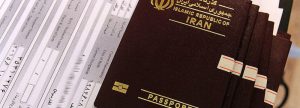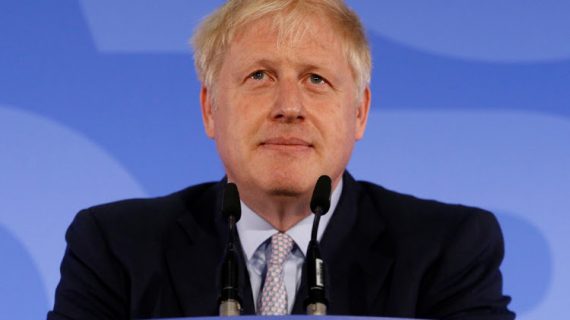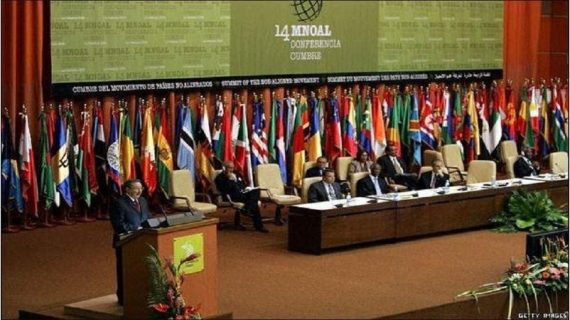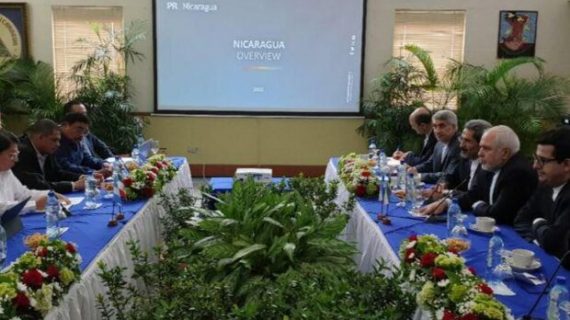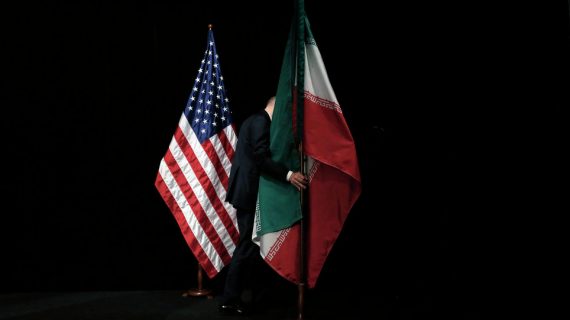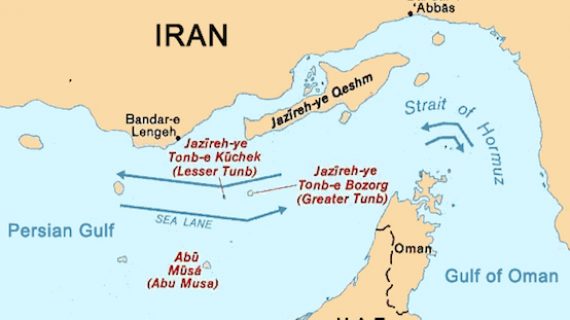Travel Currency Rules Updated
Reported by HPMM Group according to FINANCIAL TRIBUNE ; The Central Bank of Iran has updated rules concerning the forex ceiling for travelers when entering or exiting the country.
According to a directive published on CBI’s website, travelers who leave the country by air can carry €۵,۰۰۰ or its equivalent in other currencies.
The statement adds that passengers leaving the country through land, rail or sea routes are only allowed to take out up to £۲,۰۰۰ each. However, travelers would have to declare them at the customs gateway.
CBI adds that bringing in hard currency worth up to £۵,۰۰۰ or its equivalent in other currencies need not be declared to customs officials, but any amount exceeding this can be deposited with the banking system on which interest will be paid.
According to CBI’s statement, all the rules regarding the hard currency cap will also be applicable to bank instruments and securities.
The directive regarding the flow of hard currency into and out of the country is the latest in a series of measures taken by the government and CBI after forex market volatility led to the unification of the US dollar’s exchange rate on April 9.
The government decided to unify the dollar’s exchange rate at 42,000 rials in the wake of a sharp slide in the value of rial.
According to the measures, the US dollar for all purposes, including imports, travel, overseas students and research projects, will be offered by the government at the exchange rate of 42,000 rials.
The announcement was later followed by other measures approved by the Cabinet and subsequently notified by CBI.
The central bank has also launched the Integrated Foreign Currency System (locally known as Nima) to track all forex transactions involving banks, exchange houses, importers and exporters.
Also on Sunday, the Islamic Republic of Iran Customs Administration issued a statement to announce similar cash entry rules.
On Saturday, CBI allowed lenders to purchase the hard currency held by foreign tourists, transit drivers, foreign diplomatic missions based in Iran and the representative offices of foreign banks.
The Foreign Ministry is also reportedly negotiating with foreign embassies in Tehran for visa applicants to be able to pay their fees in rial rather than in a foreign currency.
The new rules have put the banking system at the forefront of the forex market at the cost of money exchangers that were one of the dominant players, especially during the time of past sanctions.

